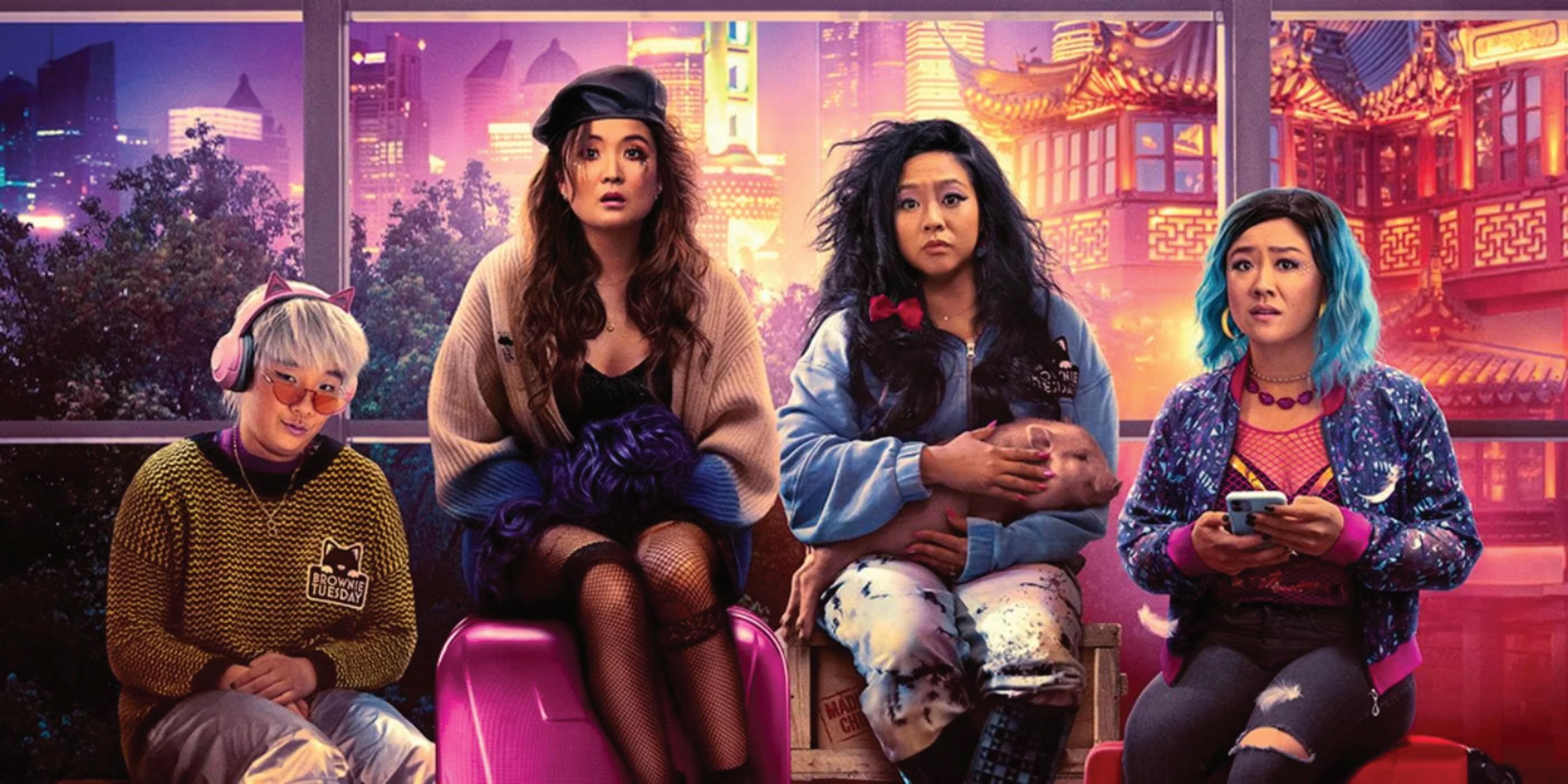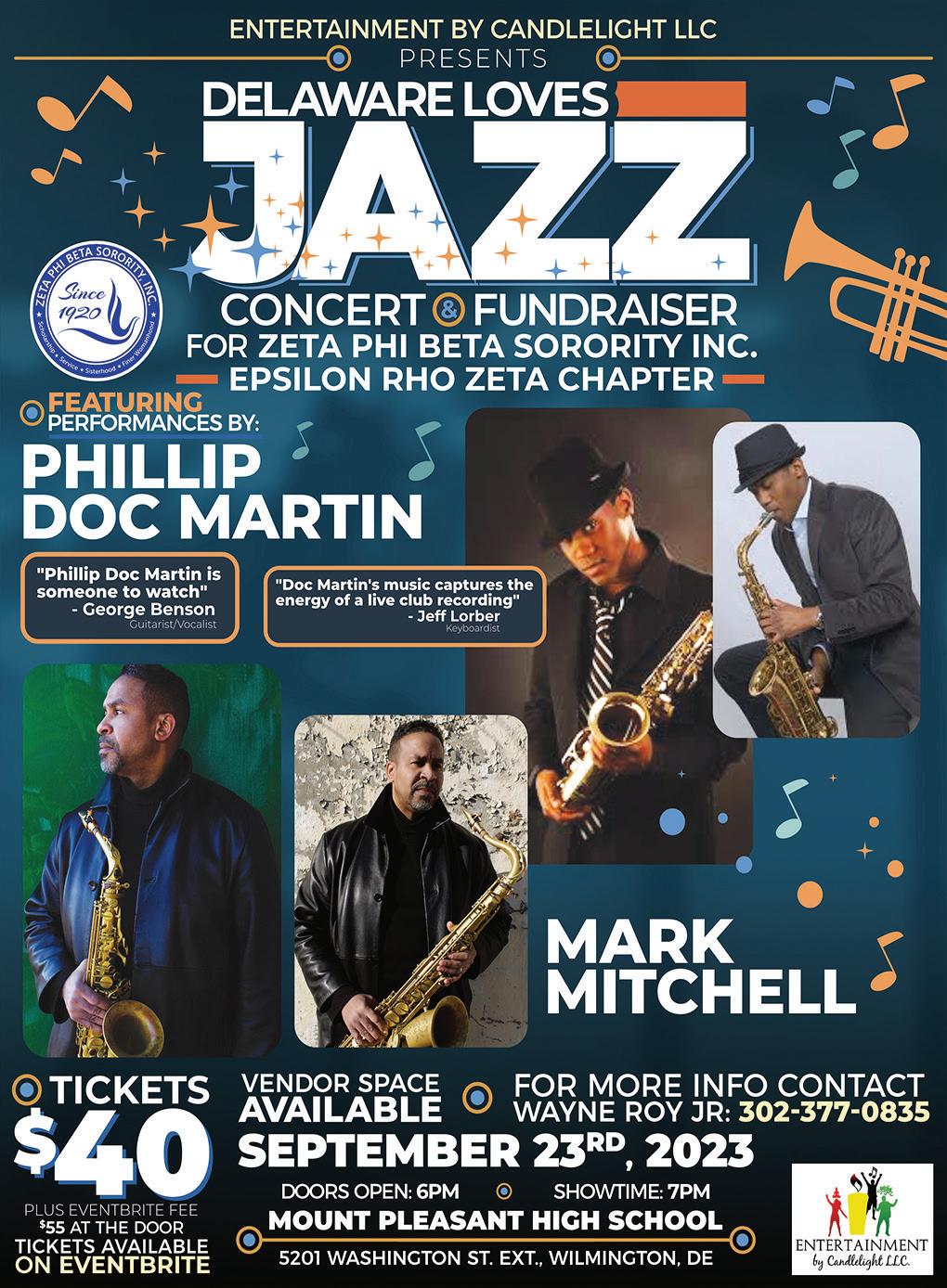
2 minute read
A REWARDING ROAD TRIP
By Mark Fields
Hollywood films showcasing Asian characters or themes that are intended to cross over to appeal to mainstream white audiences (this writer included) tend to fall into a relatively few discernible genres. There are the cultural historical pageants such as Crouching Tiger Hidden Drago n. Then there are the martial arts films such as the Ip Man series or the subgenre of Jackie Chan comedies including King Fu Yoga . And in recent years, there have been a handful of prestige films including Crazy Rich Asians , Parasite , and this year’s Oscar-winner Everything Everywhere All At Once that resist easy categorization yet still find a significant crossover audience. To the studio executives who greenlight movies with profit foremost in mind, this last group are seen as outliers. For many people seeking representation on Cineplex screens, each of these films has been hoped to be a tipping point to the availability of more Asian-oriented movies in general, and an expansion of the kinds of stories that can be told. Perhaps, just perhaps, the existence of Joy Ride signals that a tipping point has been reached. The unexpected comedy — which centers on an all-Asian, allfemale central cast — is bawdy, raw, vulgar (in a mostly funny way), overtly sexual, and laugh-outloud hysterical in ways that play off, and even defies, cultural expectations. ► tells the story of four young friends and/or acquaintances: Audrey (Ashley Park), an over-achieving attorney and adopted daughter of white parents; Lolo (Sherry Cola), an unconventional and frank artist and Audrey’s childhood friend; Kat (Stephanie Hsu), an upand-coming celebrity known for her demure screen performances; and Dead Eye (Sabrina Wu), a socially awkward K-Pop fan.


Audrey is sent to China to close an important deal for her law firm, and her assignment turns into an accidental girls’ road trip. Along the way, the quartet has comical run-ins with hard-drinking Chinese businessmen, an unlikely drug dealer, a touring basketball team, Lolo’s extended Chinese family, and a surprise K-Pop musical number. Hijinks are had, lines are crossed, uncomfortable truths are spoken, and everything gets resolved amicably in the third act (not really a spoiler for a comedy, is it?). The movie has a similar vibe to other female-centric comedies like Bridesmaids and Girls Trip but with a thoroughly Asian sensibility.

The screenplay — co-written by Cherry Chevapravatdumrong, Teresa Hsiao, and director Adele Lim — knows and trusts its audience with hilariously aware bits of culturally specific and yet universal human experience. It is indicative of the filmmakers’ confidence that the film’s first joke is told in (translated) Mandarin. Lim, who makes her feature film directing debut with Joy Ride, has worked as a writer on numerous Hollywood projects, Asian and not, and her efficient direction reflects her writerly instincts to focus on character and dialogue.
The four Asian-American women who star in Joy Ride work well as an ensemble, and all enthusiastically dig into their roles (and the intentionally ridiculous machinations of the script). Although there are some great performances from supporting players here (and at least one kicky cameo), the movie is really a showcase for Park, Hsu, Cola, and Wu, and they deliver.
Like many universal comedies, Joy Ride’s humor and energy transcend the specific details of its story. One can only hope that it finds a deserved wider audience as well.













